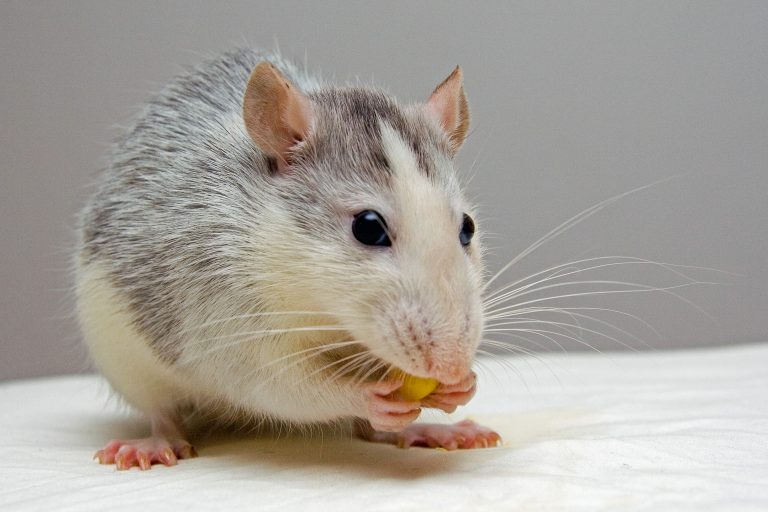
Victoria Penate
A new discovery has been made regarding a particular type of stem cell which has proven effective in reducing or eliminating cancer cells in mice. If replicated in humans, this discovery could lead to the creation of a vaccine for cancer prevention and treatment.
Researchers at the Stanford University School of Medicine recently published a study on Feb. 15 in which they determined the therapeutic benefit of induced pluripotent stem cells, known as iPs cells. According to the UCLA Eli & Edythe Broad Center of Regenerative Medicine & Stem Cell Research, induced pluripotent stem cells are “derived from skin or blood cells that have been reprogrammed back into an embryonic-like pluripotent state that enables the development of an unlimited source of any type of human cell needed for therapeutic purposes.”
Their potential for targeted development is one of the characteristics which distinguishes iPs cells as a viable component in cancer treatment. In addition, iPs cells are described by the Stanford Medicine News Center as sharing key similarities to cancer cells, causing the injection of these cells to trigger a cancer-specific response in the immune system.
Four different groups of mice were used as test subjects in this study. All of the mice had mouse breast cancer cells injected into them and developed tumors at the site of injection. Each group was then injected with a different treatment–the first with a control solution, the second with a generic immune-stimulating agent, the third with only iPs cells, and the last with a mixture of the generic immune-stimulating agent and iPs cells.
The most favorable results were observed in the test group which was injected with a mixture of generic immune-stimulating agent and iPs cells. Seven out of ten of the mice in this group experienced a decrease in tumor size, with two of them rejecting the cancer cells completely. In contrast, the mice in the control group experienced swift growth in the size of their cancerous tumors.
Although this study was conducted on mice, its findings are valuable to the advancement of treatment and prevention of cancer in human beings as well. According to an article published by the Stanford Medicine News Center, the findings suggest that “it may one day be possible to vaccinate an individual with his or her own iPs cells to protect against the development of many types of cancer.”
Nigel Kooreman, MD, a former postdoctoral scholar and current surgery resident in the Netherlands, is the lead author of this study. In an interview with the Stanford Medicine News Center, Kooreman describes the thoroughness that could characterize a future cancer treatment involving iPs cells. Kooreman describes the approach as “particularly powerful because it allows us to expose the immune system to many different cancer-specific epitopes simultaneously.”
In the same interview with the Stanford Medicine News Center, Joseph Wu, MD, the senior author of the study, also spoke about the potential contained in these study results. “Pending replication in humans, our findings indicate these cells may one day serve as a true patient-specific cancer vaccine,” Wu said.
The next step for this research is to determine whether the results of this study can, in fact, be replicated in human beings. The researchers plan to accomplish this through laboratory research using samples of human cancers and immune cells.










